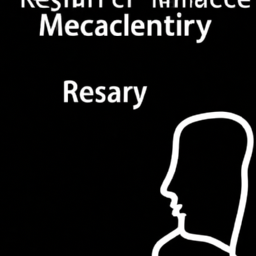Welcome fellow HR professionals to my blog! Today, I’m going to talk about the recent updates from California to regulate the use of AI and other data-driven statistical processes in making consequential decisions, particularly related to employment.
As many of you know, the use of AI and data-driven statistical processes in the workplace has become increasingly common in recent years. This has caused many to become concerned about the potential for bias and discrimination that may occur from these technologies. In response, California has taken steps to ensure that employers are using these technologies responsibly.
The California Department of Fair Employment and Housing (DFEH) recently released updated regulations for employers to follow when using AI and other data-driven statistical processes in making employment decisions. The regulations, known as “Artificial Intelligence Guidance”, were created to ensure that employers are using AI and data-driven statistical processes in a responsible manner and with consideration of fairness and equity.
The main purpose of the regulations is to ensure that employers are not using AI and data-driven statistical processes to make decisions based on protected characteristics, such as race, gender, age, disability, or sexual orientation. The regulations also require employers to take steps to prevent bias and discrimination in their decision-making processes, such as by providing clear explanations for decisions, testing for accuracy and fairness, and regularly evaluating decision-making processes for bias or discrimination.
Additionally, the regulations also require employers to be transparent about their use of AI and data-driven statistical processes. This includes informing applicants and employees about which processes are being used and how they will be used in the decision-making process.
Finally, the regulations also require employers to provide employees and applicants with a right to appeal and challenge any decisions that are made with the use of AI and data-driven statistical processes. This will provide employees and applicants with the opportunity to address any potential bias or discrimination that may have occurred.
As you can see, the new regulations from California are a significant step forward for ensuring that employers are using AI and data-driven statistical processes responsibly and in a way that is fair and equitable. It is important for all employers to be aware of these regulations and to ensure that they are following them in order to avoid any potential liability or legal issues.
Thank you for taking the time to read my blog post. I hope that you have found this information helpful and that it will help you to ensure that your organization is using AI and data-driven statistical processes responsibly and in a manner that is compliant with the law.
If you have any questions or would like to discuss this topic further, please feel free to reach out to me. Thanks again for taking the time to read my blog post and I look forward to speaking with you soon!



